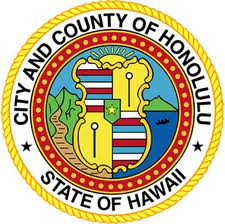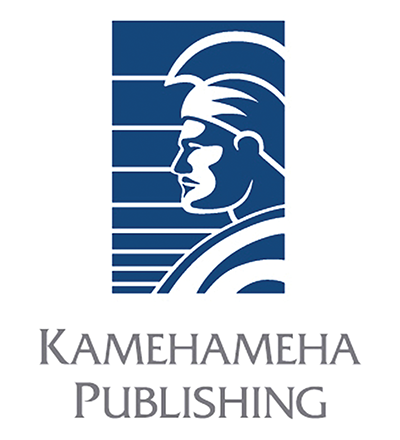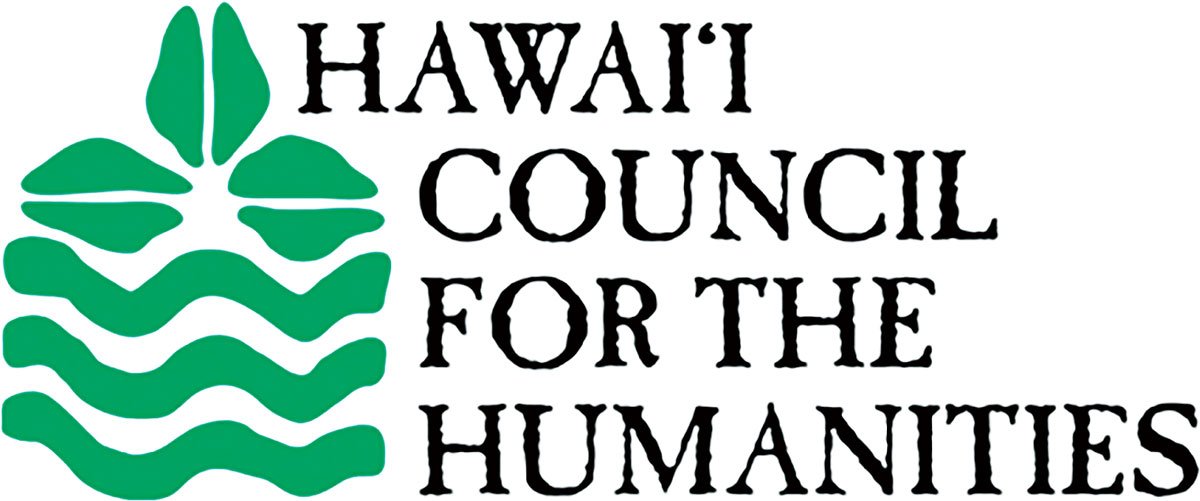Tom Coffman
Tom Coffman is an independent researcher, writer, and producer. He graduated from the William Allen White School, Kansas University, and became a reporter for United Press International in New Mexico in 1965. Within a year, the managing editor of the Honolulu Advertiser loaned Coffman plane fare to come to Hawaii, where he became state government reporter for the Advertiser. He moved to the Honolulu Star-Bulletin two years later and became political reporter and bureau chief. In 1972, he wrote Catch a Wave, a widely read chronicle of the 1970 gubernatorial campaign and the social and political turmoil of that period. A year later, he left newspaper reporting to work as an independent writer and media producer. Expanding on research for Catch a Wave, his productions began to integrate a chronology of the development of Hawaii, which led to the television documentaries O Hawaii: From Settlement to Kingdom and Nation Within.
Tom Coffman’s work has won national awards for production of video, film, interactive media, and multi-image. Ganbare, about the early wartime experiences of Japanese Americans, was selected Best Film by a Hawaii Filmmaker at the 1995 Hawaii International Film Festival. Two of his books--the first edition of Nation Within and The Island Edge of America: A Political History of America received Ka Palapala Pookela Awards for Excellence in Nonfiction from the Hawaii Book Publishers Association. After publication of Nation Within, Coffman also received the Hawaii Award for Literature, the highest recognition given by the state of Hawaii for outstanding literary achievement. He is currently working on a film about the assassination of Benigno Aquino, Jr., in the Philippines."
How Hawaii Changed America: The Movement for Racial Equality 1939-1942
The story begins in Honolulu in late 1939 with a small but visionary group calling itself the Council for Interracial Unity. In the event of war with Japan, they seek to circumvent a mass incarceration of the populous Japanese community and to mobilize its participation in the U.S. War effort. How this idea plays out in the crisis of World War II will not only determine the future of Hawaii but also influence the laws and character of the United States.
Reviews
“…chronicles the pre-World War II events and persons whose difficult work and cooperative actions offers the true explanation for the later only partial compliance with the removal aspiration of President Roosevelt in Hawaii.” -- Dr. Tetsuden Kashima, author of “Judgment Without Trial: Japanese American Imprisonment during World War II.”
“…the interracial group of this history significantly revolutionized Hawaii. This is a book my grandchildren need to read.”
-- Vernon Char
“Is it possible to use the idea of the aloha spirit as a motivating force for political change?…under certain circumstances, the answer is yes.”
-- Neal Milner
Links
http://www.hawaii.edu/news/2015/03/31/tom-coffman-presents-how-hawaii-changed-america/
https://www.youtube.com/watch?v=91A2CFlAFjM
https://www.youtube.com/watch?v=IeOj9Dt75pQ















